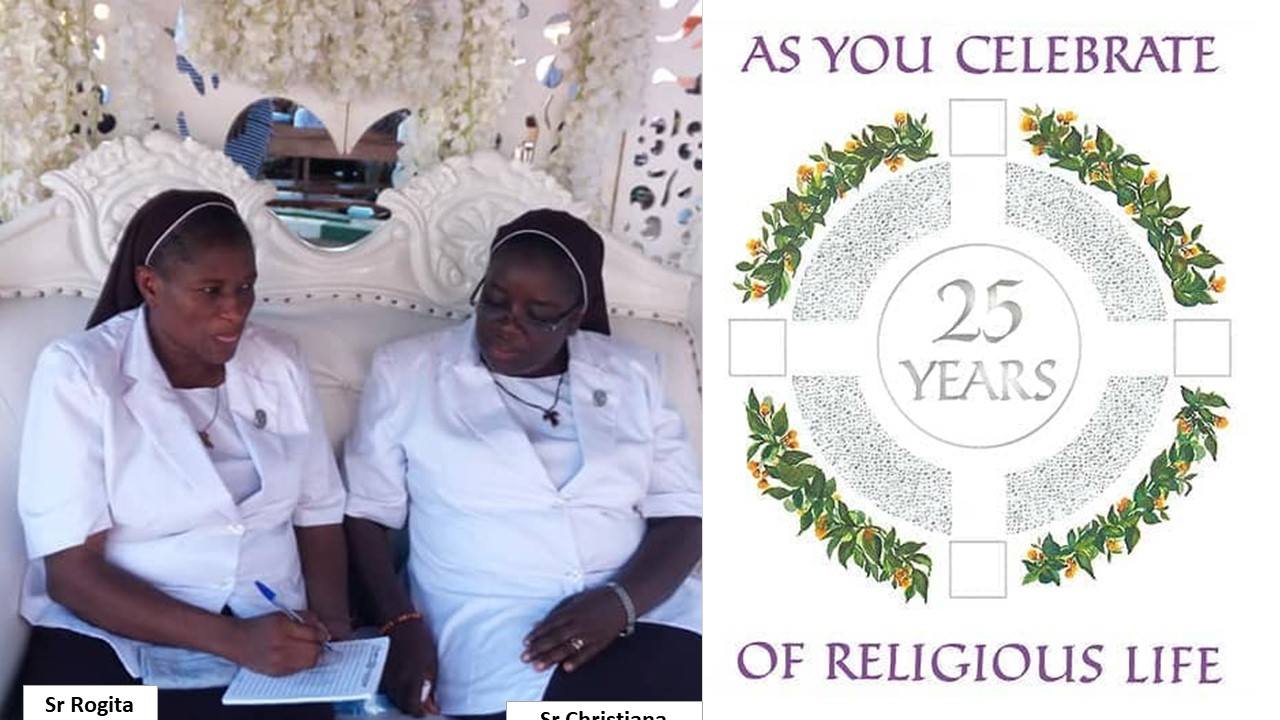Lent: A time for spiritual transformation and fraternal sharing
by ARCH BISHOP · February 25, 2024
SECOND SUNDAY OF LENT, YEAR B, HOLY CROSS GWARINPA, ABUJA, 25.02.2024. HOMILY BY ARCHBISHOP I. A. KAIGAMA.
Readings: Genesis 22:1-2, 9-13, 15-18; Romans 8:31b-35, 37; Mark 9:2-10
Lent: A time for spiritual transformation and fraternal sharing
On this second Sunday of Lent, I am visiting you in Holy Cross Gwarinpa to celebrate this holy Mass with you and within it to confirm 88 parishioners and to also witness the solemnization of the marriage of 12 couples. Some Catholics believe that there can be no marriage during Lent. The Church allows marriage during Lent, except during Holy Week. However, the couple wedding during Lent must be reminded of the penitential nature of the Season of Lent.
The readings during this period are a constant reminder to us to be closer to God, to seek the face of God so that He can free us of our sins, reunite us to Him having been distracted and distanced by the devil who, we are told in 1 Peter 5:8, goes around like a roaring lion, seeking whom he may devour.
This is a period when we are expected not only to pray more but also to fast, to feel for those who suffer from deprivation of food and the essentials of life; to spare what we fast from to be able to share with those who don’t have. Today, in our country, we have a growing number of many who fall into the category of those who don’t have. Is it the army of qualified but unemployed youths? Or people whose salaries can no longer sustain them? When called to fast in a time like this, how can you fast from what you don’t have in the first place? The exorbitant cost of yams, beans, rice, corn, meat, etc., imposes on us a compulsory fast. If, however, we do not have food to fast from, there are many other things we can do in our observance of Lent. The alternative is to fast from bad deeds, such as gossip, slander, defamation of character, envy, greed, etc.
I asked those who attended the 12 o’clock Mass in the Pro-Cathedral on Ash Wednesday to prayerfully read the five chapters of St. James letter, taking one chapter a day. Reading it, one will learn the practical ways St. James urges his community to live authentic Christian lives, especially during this Lenten Season.
Chapter one deals with resisting temptations and enduring trials; how to listen and do what the word says, not to claim to be religious but neglecting orphans, widows, strangers (v. 27). Chapter two warns against discrimination, especially against the poor. Faith must produce good works, otherwise such faith is dead (v. 19). Chapter three deals with the use of the tongue, as the tongue can be dangerous and destructive and cause irreparable damage. Control your tongue. Chapter four focuses on the fights and quarrels among Christians, envy, tensions, and disputes. St. James urges them to repent and submit to God, purify their hearts, avoid slander which is spreading bad reports about others. He urges the rich to count on God, to make their plans by adding, “If the Lord wills.” Life is brief. Chapter five deals with issues such as the injustice of the wealthy who hoard commodities and don’t pay fair wages to those they employ. St James warns that riches will evaporate. He commends taking care of the poor, widows, and orphans, encourages hope, patience, truth, and he urges all to speak to God when they encounter suffering, pains, and trials; to pray individually and collectively; to care for the sick; to look out for someone who wanders from the truth; to avoid swearing, to confess one’s sins (v. 16). In verse 14 he says if anyone is sick, bring the priest of the Church, and let him pray over the sick, anointing the sick with oil in the name of the Lord. He counsels that Christians should not be sad or ill-tempered, etc. I recommend a reading of the letter of James, to all of us, especially to those to be confirmed and those having their marriage blessed, one chapter a day
We must all imitate Abraham who obeyed God to the point of offering his only son, Isaac, as a sacrifice until God stopped him. We must learn from the example of God Himself who as we read in the second reading today, sent His only Son to die for our sins. When as Christians we are selfless and ready to sacrifice for the cause of God, and we put into practice what St. James teaches in his letter, we shall experience the transformation described in the Gospel whereby the clothes of Jesus “became dazzlingly white, whiter than any bleacher could make of them.” We pray that our sin-loaded hearts can experience inner renewal, so that we can shine like bright lights in a world full of crooked and perverse people (Phil. 2:15).
We, the Catholic Bishops of Nigeria, at the end of our meeting on Thursday, issued a communique that stresses Pope Francis’ desire that we become a synodal Church, i.e. a Church where everyone matters, participates, and we listen to the Holy Spirit of God and to one another, taking our baptismal dignity and mission seriously, going the way of communion and dialogue rather than confrontation.
The disposition of Abraham to give up anything in obedience to God’s command, was what attracted to him a blessing from God (Gn. 22:17-18). St. Paul in writing to the Romans, reminds us that God’s love has no limits, as He offered His only Son to die for our benefit – that we may gain everlasting life. Let us give back to God our time, treasure and talents and not forget being kind to the poor when God provides for us, no matter how small.
May God bless the parish priest, Rev Fr. Victor Ullam, his assistant, Rev. Fr. Charles Uwaezoke, the priest in residence, Fr. James Kantoma, other pastoral assistants, and indeed, all the parishioners of Holy Cross Gwarinpa. Let us keep listening to the heavenly voice, “this is my Beloved Son; listen to him” (Mk. 9:7), especially as we journey towards Easter.




